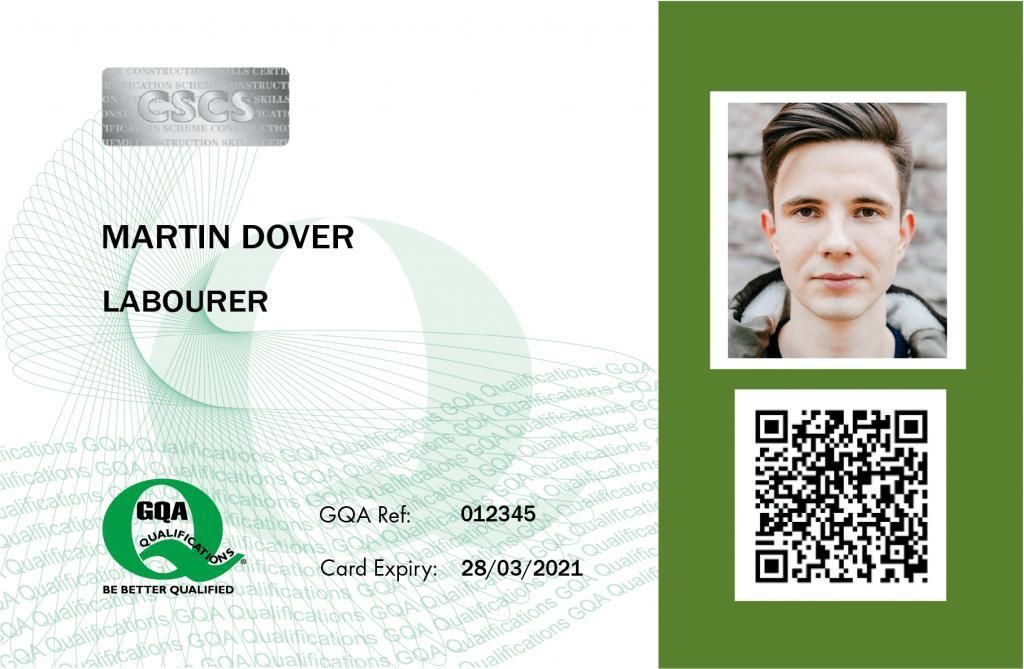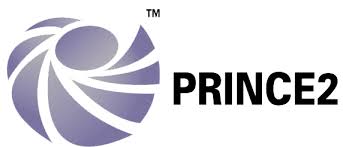
Construction Quality Control and Site Inspection
Course ID: 2510055901312EGI
Course Dates : 05/10/25 Course Duration : 5 Studying Day/s Course Location: Cairo, Egypt
Language: Bilingual
Course Category: Professional and CPD Training Programs
Course Subcategories: Project Management and Quality Assurance
Course Certified By: * Projacs Academy
* Professional Training and CPD Programs
Certification Will Be Issued From :
KSA
Course Fees: £2,940.22
Vat Not Included in the price. VAT may vary depending on the country where the course or workshop is held.
Click to Pay
Date has passed please contact us Sales@e-s-hub.com
Course Information
Introduction
Quality control and site inspection are foundational pillars of the construction industry, ensuring that projects meet design specifications, regulatory standards, and client expectations. The construction sector is inherently complex, involving multiple stakeholders, intricate processes, and high financial stakes. A failure in quality control or oversight can lead to costly rework, delays, safety hazards, and reputational damage for organizations. For instance, the collapse of the Savar building in Bangladesh in 2013, which resulted from inadequate quality control and structural oversight, underscores the catastrophic consequences of neglecting these critical functions. By mastering construction quality control and site inspection, professionals not only mitigate risks but also contribute to sustainable, safe, and efficient project delivery.
The construction industry faces numerous challenges, including inconsistencies in material quality, deviations from approved designs, and insufficient documentation during inspections. These issues are often compounded by a lack of standardized practices and gaps in knowledge among site personnel. The course addresses these challenges by equipping participants with the tools and methodologies needed to implement robust quality assurance protocols. Drawing on frameworks such as Total Quality Management (TQM) and Lean Construction principles, the program emphasizes continuous improvement and waste reduction, aligning with global industry trends toward sustainability and efficiency.
Participants will explore real-world case studies, such as the successful implementation of Building Information Modeling (BIM) in the construction of the One World Trade Center. This example illustrates how integrating advanced technologies with rigorous quality control measures can enhance precision and collaboration across teams. Similarly, the course delves into the role of international standards like ISO 9001 in establishing benchmarks for quality management systems. By understanding these frameworks and their practical applications, participants will be better positioned to navigate the complexities of modern construction projects.
For individuals, mastering construction quality control and site inspection translates into enhanced career prospects, greater professional credibility, and the ability to lead high-performing teams. Organizations benefit through improved project outcomes, reduced liability, and increased client satisfaction. Moreover, as regulatory bodies worldwide tighten compliance requirements, professionals with expertise in quality control become indispensable assets. For example, stringent environmental regulations in Europe have necessitated the adoption of eco-friendly materials and processes, creating demand for skilled inspectors who can verify adherence to these standards.
The course also addresses emerging trends such as the integration of digital tools and artificial intelligence in quality control processes. Technologies like drones for site surveys and AI-driven defect detection systems are revolutionizing traditional practices, offering unprecedented accuracy and efficiency. Participants will gain insights into these innovations, enabling them to stay ahead of the curve in an increasingly competitive market. By blending theoretical knowledge with hands-on training, the program ensures that learners are equipped to apply cutting-edge solutions in their day-to-day operations.
Ultimately, this course serves as a bridge between theory and practice, empowering professionals to uphold the highest standards of quality and integrity in construction projects. Whether you are an experienced site manager seeking to refine your skills or a newcomer eager to build a strong foundation, the program offers valuable insights and actionable strategies. Through its comprehensive approach, the course not only addresses current industry challenges but also prepares participants to anticipate and adapt to future developments.
Objectives
By attending this course, participants will be able to:
Analyze the fundamental principles of construction quality control and their application in diverse project environments.
Evaluate site inspection procedures to identify potential risks and ensure compliance with regulatory standards.
Design tailored quality management plans that align with project goals and stakeholder requirements.
Implement advanced technologies, such as BIM and AI, to enhance accuracy and efficiency in quality control processes.
Apply international standards, including ISO 9001, to establish robust quality assurance frameworks.
Develop strategies for effective communication and collaboration among multidisciplinary teams during inspections.
Assess the impact of emerging trends, such as sustainability and digitalization, on construction quality practices.
Who Should Attend?
This course is ideal for:
Construction managers and site supervisors responsible for overseeing project execution.
Quality assurance and quality control professionals seeking to deepen their expertise.
Engineers and architects involved in design and implementation phases of construction projects.
Health and safety officers tasked with ensuring compliance and mitigating risks.
Project managers aiming to integrate quality control into broader project management frameworks.
These groups will find the course valuable as it addresses the practical challenges they face daily while providing actionable solutions to improve outcomes. The course is suitable for intermediate learners with some prior exposure to construction processes, as well as advanced practitioners looking to update their skills with the latest industry trends.
Training Method
• Pre-assessment
• Live group instruction
• Use of real-world examples, case studies and exercises
• Interactive participation and discussion
• Power point presentation, LCD and flip chart
• Group activities and tests
• Each participant receives a 7” Tablet containing a copy of the presentation, slides and handouts
• Post-assessment
Program Support
This program is supported by:
* Interactive discussions
* Role-play
* Case studies and highlight the techniques available to the participants.
Daily Agenda
The course agenda will be as follows:
• Technical Session 08.30-10.00 am
• Coffee Break 10.00-10.15 am
• Technical Session 10.15-12.15 noon
• Coffee Break 12.15-12.45 pm
• Technical Session 12.45-02.30 pm
• Course Ends 02.30 pm
Course Outlines
Fundamentals of Construction Quality Control
Overview of quality control principles and their importance in construction.
Key components of a quality management system (QMS).
Role of regulatory bodies and compliance requirements.
Introduction to ISO 9001 and its relevance to construction projects.
Day 2:
Site Inspection Techniques and Best Practices
Pre-construction planning and inspection protocols.
Tools and methodologies for conducting effective site inspections.
Identifying and documenting non-conformance issues.
Case study: Lessons learned from major construction failures.
Day 3:
Technology Integration in Quality Control
Applications of Building Information Modeling (BIM) in quality assurance.
Use of drones and AI for defect detection and monitoring.
Data analytics for predictive quality management.
Hands-on workshop: Using digital tools for site inspections.
Day 4:
Risk Management and Compliance
Risk assessment frameworks for quality control.
Strategies for mitigating common construction risks.
Ensuring compliance with local and international standards.
Group activity: Developing a risk mitigation plan.
Day 5:
Emerging Trends and Future Directions
Sustainability and green building practices in quality control.
Impact of Industry 4.0 on construction quality processes.
Global trends shaping the future of construction quality management.
Final project: Presenting a comprehensive quality control plan.



















































